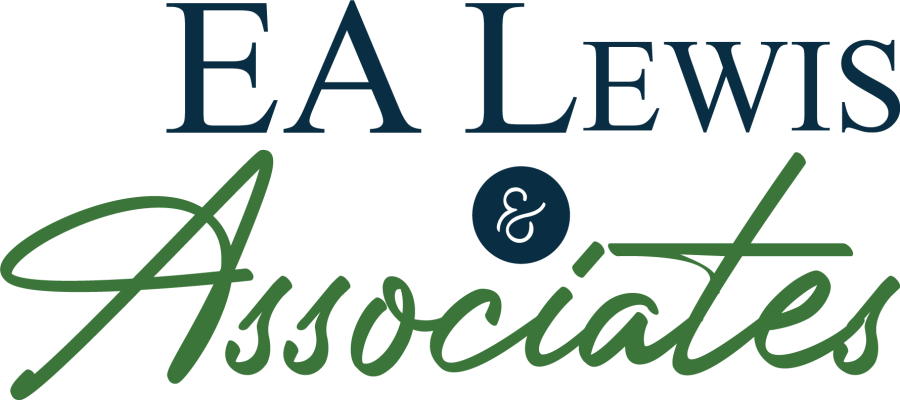
by Coach Ernie
This topic came up with a couple of clients this week. As an entrepreneur, you probably have no shortage of ideas. Your mind is constantly buzzing with the next big thing, and you’re tempted to chase every opportunity that crosses your path. But should you? This is often an entrepreneur’s dilemma. Is it better to diversify your efforts and have multiple businesses, or should you zero in on one or two ideas and optimize your resources? Let’s break down the pros and cons of each approach and determine what might work best for you and your business goals.
The Case for Many Irons in the Fire
Entrepreneurs are often natural-born multitaskers and have several projects running simultaneously. This can be exciting and rewarding. Here are some advantages of juggling multiple ventures.
Pros
- Diversified Income Streams
- Having multiple business ideas can spread your risk. If one business struggles, others can keep the revenue flowing.
- Increased Creativity and Innovation
- Working on different ideas exposes you to various industries, customer needs, and problem-solving techniques, thereby fostering innovation.
- Flexibility and Adaptability
- When you diversify your efforts, you can pivot more easily if market conditions change, giving you an edge over single-focus competitors.
- Networking Opportunities
- More businesses mean more interactions with industry experts, clients, and investors, broadening your reach and influence.
Cons
- Diluted Focus
- Splitting your attention across too many ideas can make it challenging to execute any one of them effectively.
- Resource Drain
- Managing multiple projects can strain your time, finances, and energy, leading to burnout for yourself as well as team members.
- Lack of Depth
- While you’re dabbling in many areas, you might not develop the expertise required to achieve true success in any one business.
The Power of Laser Focus
On the other hand, some of the most successful entrepreneurs have built their fortunes by focusing intently on just one or a few businesses. This approach has its own set of pros and cons.
Pros
- Maximized Efficiency
- Focusing on one idea allows you to channel all your energy, resources, and time into making it the best it can be.
- Stronger Brand Identity
- A singular focus can help establish a clear and recognizable brand that resonates with your target audience.
- Higher Quality Execution
- With fewer distractions, you can fine-tune your product or service to deliver the highest possible value to customers.
- Faster Growth
- When you focus on scaling one idea, you often see faster and more sustainable growth.
Cons
- Higher Risk
- If the one business fails, there’s no safety net of diversified businesses to fall back on.
- Missed Opportunities
- A narrow focus might mean passing up other ideas that could have been as valuable or maybe even more.
- Potential for Stagnation
- Without other ideas to enhance creativity, your business might hit a plateau and struggle to innovate.
Jack-of-All-Trades vs. Master of One
The Multi-Project Entrepreneur
Richard Branson, founder of Virgin Group. He’s known for running multiple businesses across various industries, from music to airlines to telecommunications. His strategy? Surrounding himself with capable teams and embracing risk while leveraging his strong brand name across his array of diverse businesses. The key here is “capable teams.”
The Focused Visionary
Compare that with Steve Jobs, who was known for his relentless focus on a handful of Apple products. His dedication to perfecting the iPhone, iPad, and Mac helped Apple dominate the market and revolutionize technology.
What’s Right for You?
Choosing between diversification and laser focus ultimately comes down to your personality, resources, and goals. Ask yourself…
- Do I thrive on variety, or do I perform best with singular structure and deep focus?
- Do I have the resources (time, money, team) to manage multiple businesses effectively?
- What’s my risk tolerance?
- Where do I see the biggest impact and personal fulfillment?
The Happy Middle – Strategic Diversification
If you’re struggling to decide, consider a hybrid approach. Start by focusing on one core business and gradually introduce complementary ideas that align with your brand, service offerings, and skill set. This allows you to optimize resources while still enjoying the benefits of diversification.
Finally
There’s no one-size-fits-all approach to entrepreneurship. Whether you choose to have many irons in the fire or laser-focus on one idea, success comes down to execution, persistence, and adaptability.
Take a moment to reflect on your entrepreneurial style. Are you spreading yourself too thin and you need to draw back, or could your focus use some diversification? Define your next strategic move and go for it!





